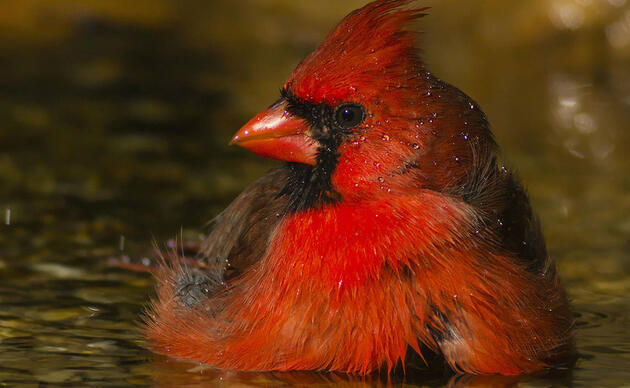RECOVER (REstoration COordination and VERification) is composed of a team of scientists and researchers who are tasked with evaluating the health and function of the Everglades Ecosystem. Every few years the RECOVER team releases their System Status Report, a document that uses performance measures to evaluate the progress of Everglades restoration. Last week the 2014 Report was released. This important report provides information on the ecological health of the Everglades. Data and analysis from multiple government agencies show that while progress is being made, there is still work to be done.
Projects that have been completed, or are nearly complete offer signs of hope that restoration is working. Picayune Strand, Biscayne Bay Coastal Wetlands, and C-111 South Dade projects have all measurably improved hydrology in the areas where they have been put in place. Improved hydrology means healthier habitats – and that’s good news for wildlife. In the Southern Everglades, better conditions have led to increased nesting of Roseate Spoonbills and endangered American crocodiles.
Conditions in Lake Okeechobee have also improved. Because Lake levels were kept from getting too high or too low, underwater plant communities are healthier, fish populations have increased, and more of the Lake’s littoral marsh is suitable for wading bird foraging.
While these improvements are encouraging, there are other areas in the Everglades that continue to suffer ecological declines. Authorization and construction of additional restoration projects are needed to reverse declines, increase habitat health, and allow the historic abundance of wildlife to return to the River of Grass. One of these projects needed most urgently is the Central Everglades Planning Project (CEPP). Once completed CEPP will help rehydrate the parched wetlands of the Central Everglades, and improve the health of Florida Bay.
For more information, please click here for an article from the South Florida Sun-Sentinel.
By Jonathan Webber
Stay in Touch!
Show your love of birds today. Subscribe to receive email updates about Audubon's conservation work and hear about opportunities to help birds in your area or nationwide.




